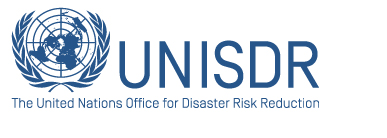According to the National Rehabilitation Programme, Managua has about two million inhabitants (2004), of which between 10% and 11.5% has a disability. This figure reinforces the importance of actions that contribute to reducing the vulnerability of this segment of the population to natural hazards. The frequency and impact of these natural hazards has increased in recent years, as was the case with Tropical Depression 12-E in 2011, which affected 148,530 people, killing 16 people and causing $445.4 million in economic losses, equal to 6% of GDP for that year alone in Nicaragua, according to the Economic Commission for Latin America and the Caribbean (ECLAC).
This workshop is a pioneer experience at the national level, through which various institutions in coordination with representatives of disabled people have succeeded in uniting forces to learn about the risks to which the population is exposed, as well as measures to reduce vulnerability. "This will serve to improve our toolboxes in special cases of disability in order to face disaster risk situations" said Clemente Balmaceda, President of the Nicaraguan Red Cross.
This workshop is part of the project "Strengthening capacities for preparedness and response to multiple hazards, with an emphasis on earthquakes in urban areas of District II of Managua" DIPECHO 2012-2013, funded by the Directorate-General for Humanitarian Aid and Civil Protection of the European Commission (ECHO), the Spanish Red Cross and the Netherlands Red Cross.
The event produced recommendations for the construction of risk management materials in Braille; organization of training, drill and evacuation activities with the inclusion of people with disabilities; and the development of proposals to include participants in family plans for risk areas of the neighbourhoods in District II of Managua, among other results.
Following the activity, participants will take part in neighbourhood drills that begin on September 23rd in the municipality of Acahualinca, Managua and end on October 30th of this year.




